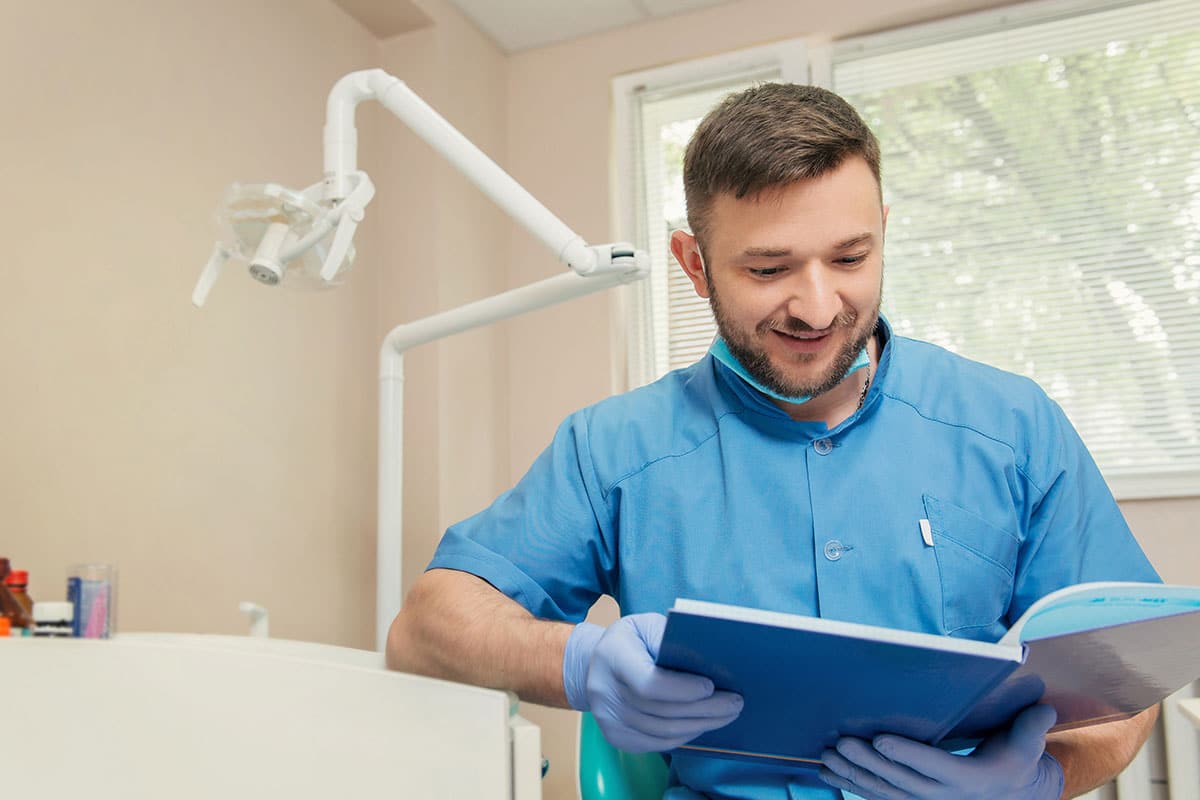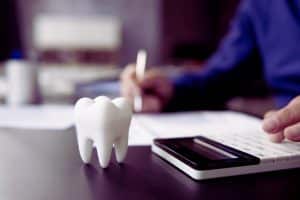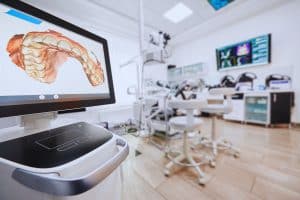As a dental practice owner, you’re likely familiar with the amount of money you pay with taxes. Fortunately, there are multiple legal ways to decrease this number and reduce your tax burden, especially if you’re a part-time entrepreneur or have a home office. In this blog post, we’ll explore how your practice can take advantage of the home office deduction under the current tax law, including how to qualify, the different methods of calculation, and how it can impact your tax return.
With the rise of part-time entrepreneurs over the past two decades, the Internet has made it easier to conduct business from home. If you work from home, you may be eligible for the Home Office Deduction on your tax return. To claim this, you must fulfill certain criteria:
- You may be eligible for a home office deduction if your business is classified as a C corporation, S corporation, or partnership for tax purposes.
- To qualify, you must have a lease agreement with your business and make monthly payments at fair market value for the rental space.
- The rental income received personally would need to be reported on Schedule E of your personal income tax return, allowing you to deduct a percentage of your home expenses against this rental income.
- The Home Office Deduction cannot be higher than your gross income from the business use of your home minus business expenses.
- Your home office must be used exclusively for office work and qualify as a convenience to your employer. It’s essential to take a picture of your home office area to prove your eligibility for the deduction.
- To qualify as “regularly used,” you must log in about 10 hours a week, and the IRS accepts time logs as documentation. You’ll also need documentation proving that your company has decided to use your home office for administrative purposes.
- The business part of your home must be exclusively used for your trade or business. It must serve as your principal place of business, where you meet or deal with patients, clients, or customers in the normal course of your trade or business or a separate structure used in connection with your trade or business.
Methods of Calculation
If you meet these requirements, you can deduct home office expenses on Schedule C. The traditional or regular method of determining a home office deduction includes identifying all direct expenses and a portion of indirect costs based on a percentage of business use of your home. It requires maintaining records of actual expenses. Alternatively, the simplified method allows you to deduct up to $5 per square foot on the part of your home used for business, up to a maximum deduction amount of $1,500.
Note that once you choose a method for a given tax year, you must stick with it for the entire year. If you want to work with depreciation for your Home Office Deduction, you must use the regular method. With the simplified option, there is no depreciation deduction.
It’s also important to note that if you have a separate brick-and-mortar location for your dental practice, you cannot take the home office deduction in addition to that. However, if you are a specialist or independent contractor who works at multiple dental practices but has no specific and dedicated office space outside your home, you may be eligible for the home office deduction.
What can you claim as home office expenses?
You can claim several expenses as home office expenses, such as utilities, security systems and subscriptions, telephone and internet services, furniture, computer equipment, and more. Categorize your expenses into allocable-eligible, allocable-non-eligible, non-allocable-eligible, and non-allocable-non-eligible.
You can deduct expenses directly related to the portion of your home you use for business. Here’s a detailed list of expenses:
- Utilities, such as electricity, water, and gas, that relate to your home office.
- Rent or mortgage interest
- Homeowner’s insurance or renter’s insurance
- Repairs and maintenance
- Office supplies and equipment, such as paper, ink, pens, computers, printers, and phones.
- Depreciation (If you use the regular method, you may be able to claim a portion of the depreciation on your home as a home office expense)
Remember that you can only claim these expenses for the portion of your home that is used exclusively for business purposes.
Working with a tax professional
Determining the amount of your home office deduction can be complex since claiming it incorrectly can lead to penalties and interest. Therefore, It’s recommended that you consult with a tax professional before attempting to claim it on your own. If you have any questions or believe you qualify for it, don’t hesitate to reach out to an expert today.
At Dental CPA, we develop practical and sophisticated tax reduction planning for your business, engaging every possible tax break, deduction, and incentive available to reduce your tax burden. To learn more about our services, contact us.




